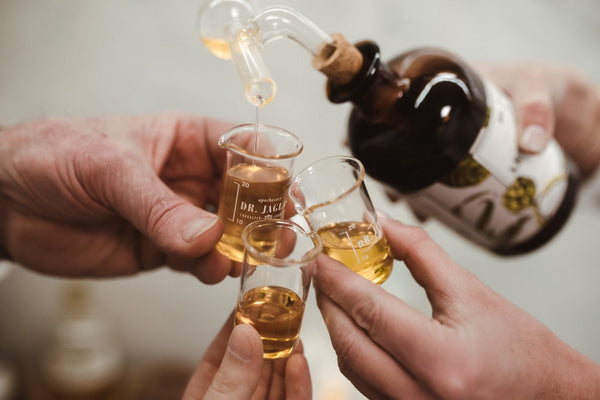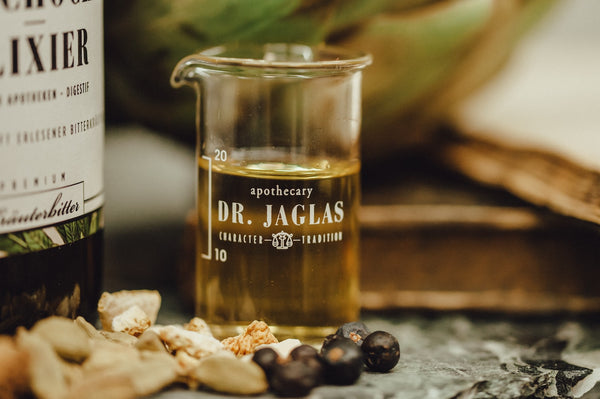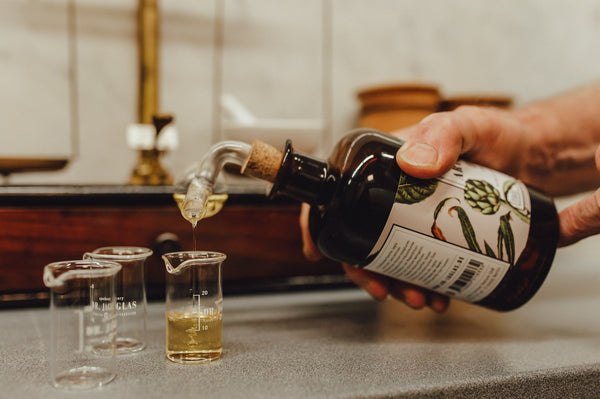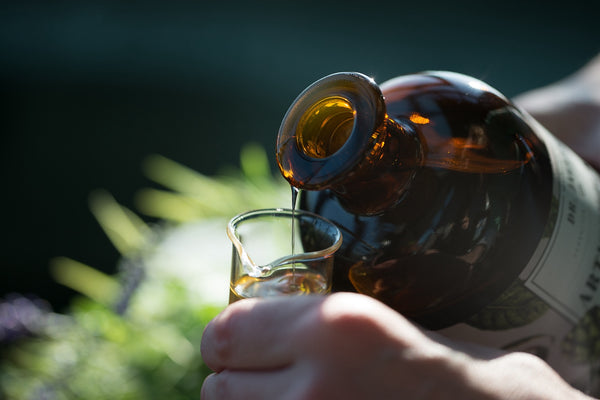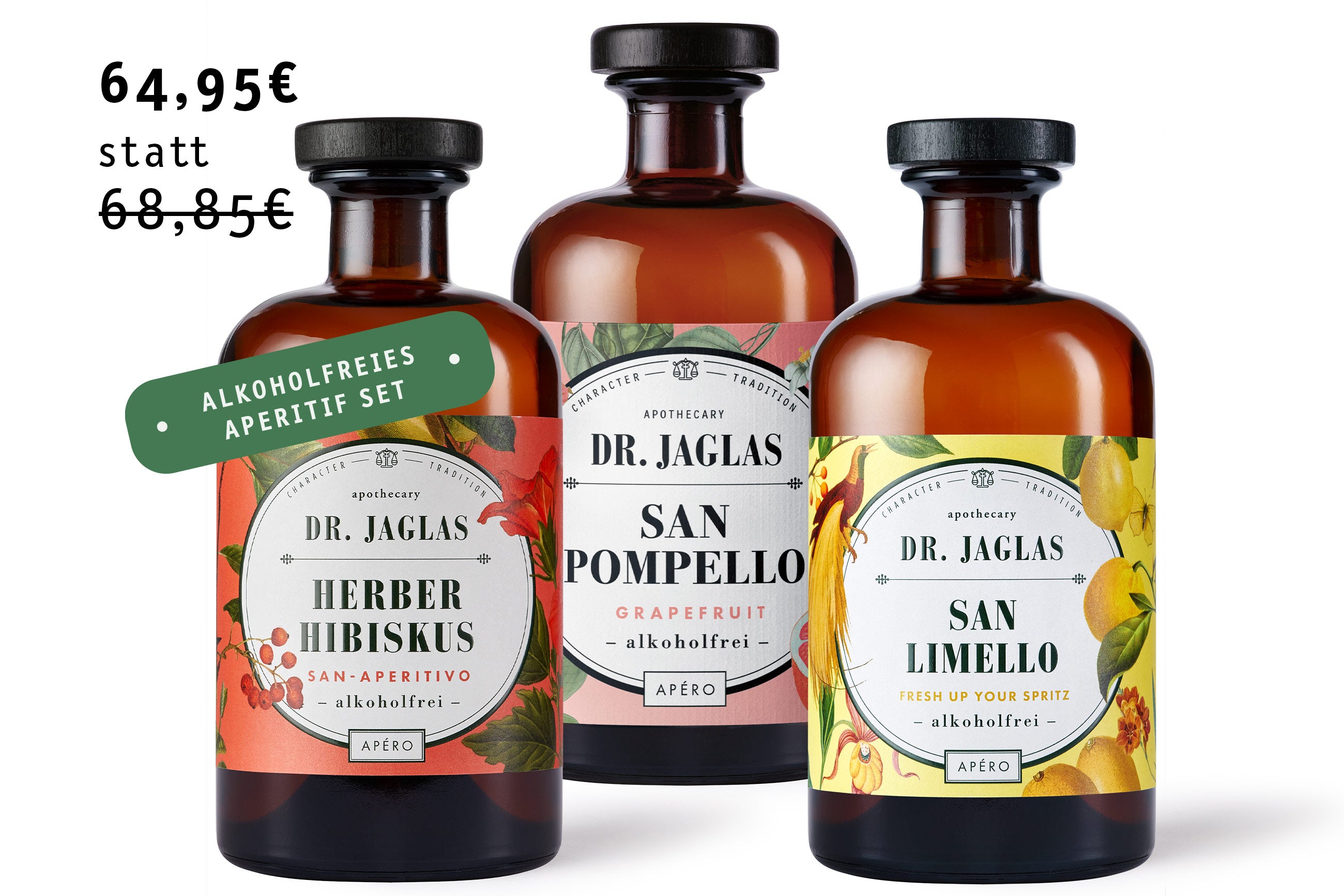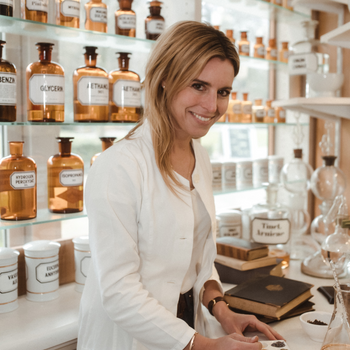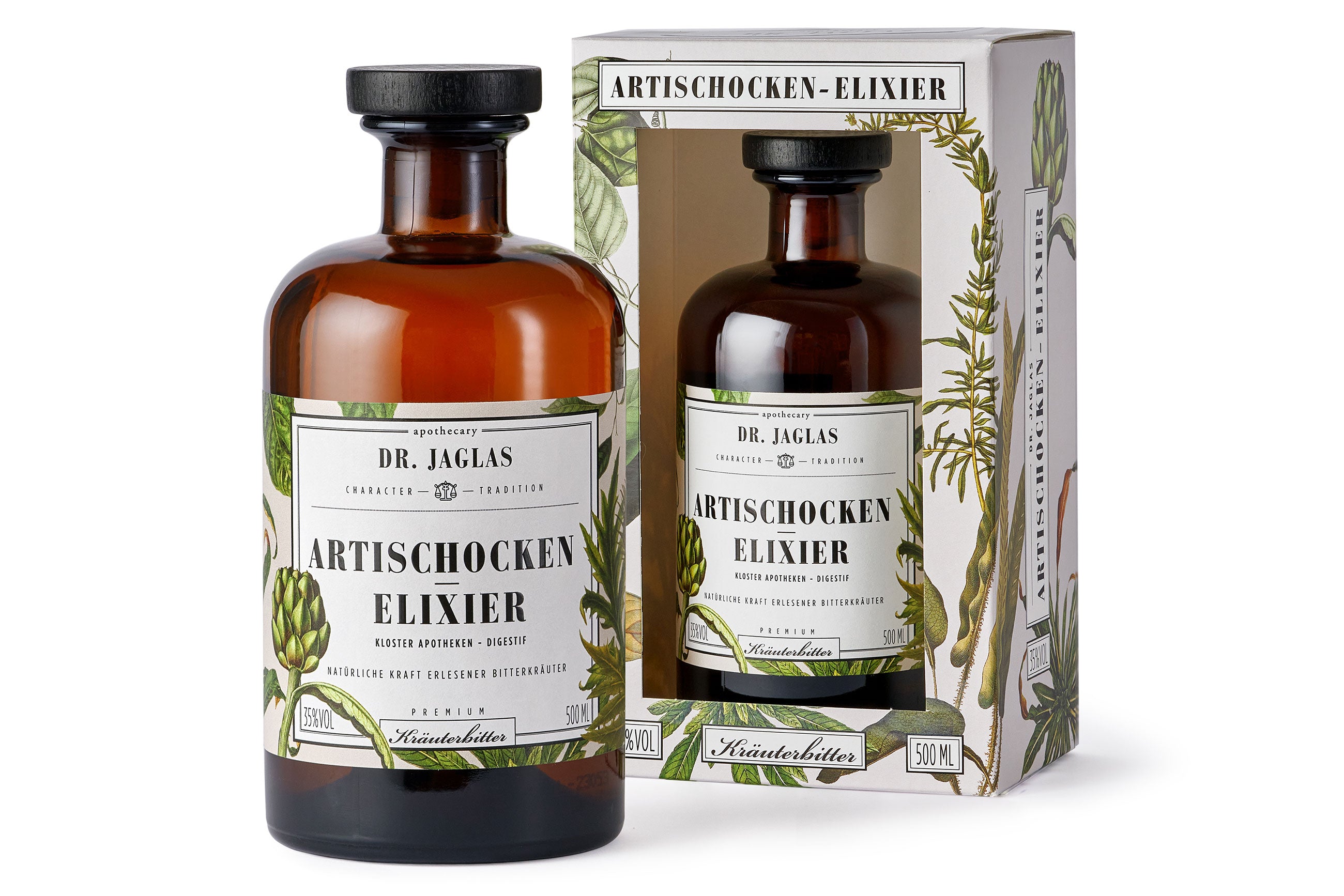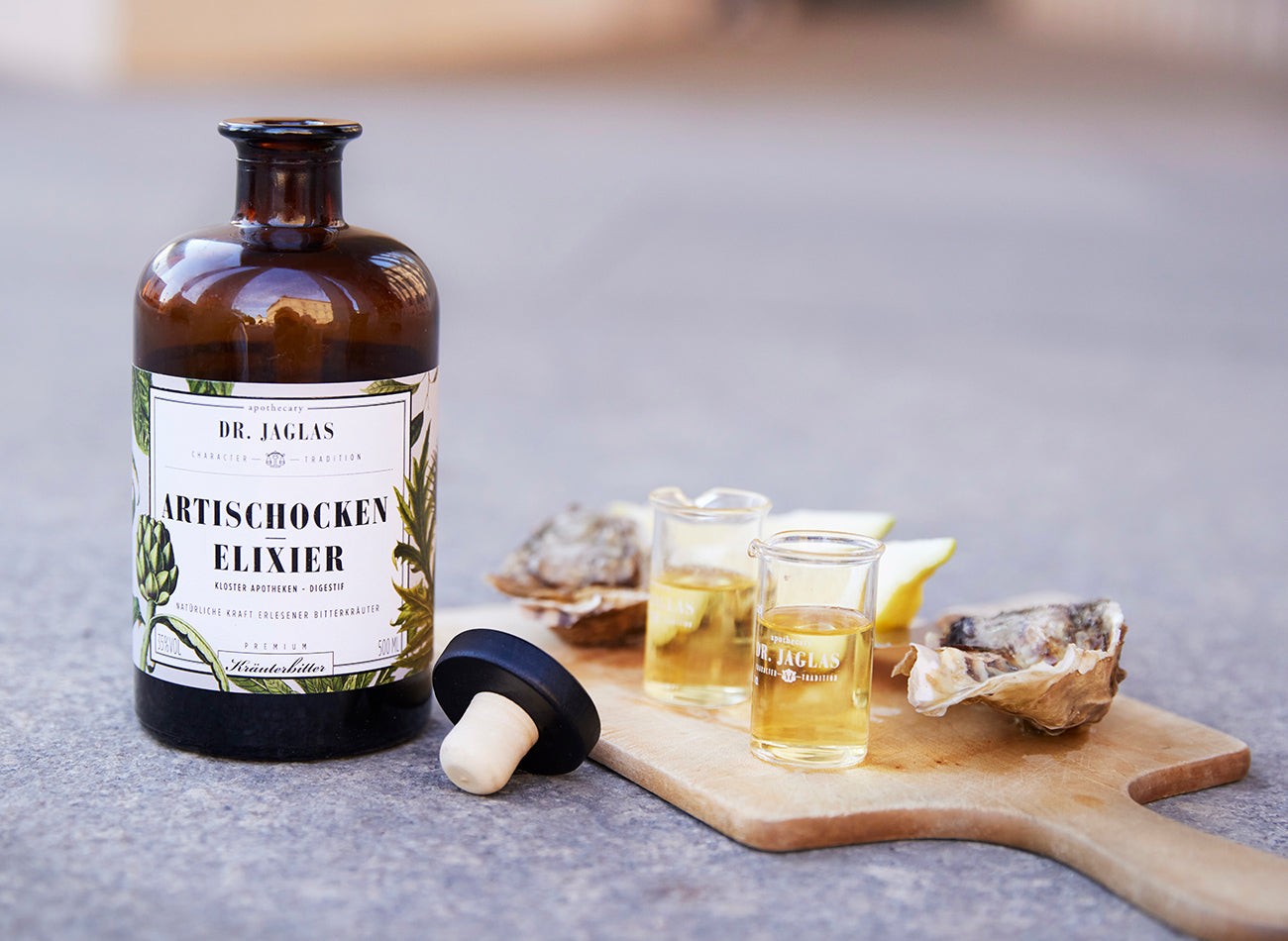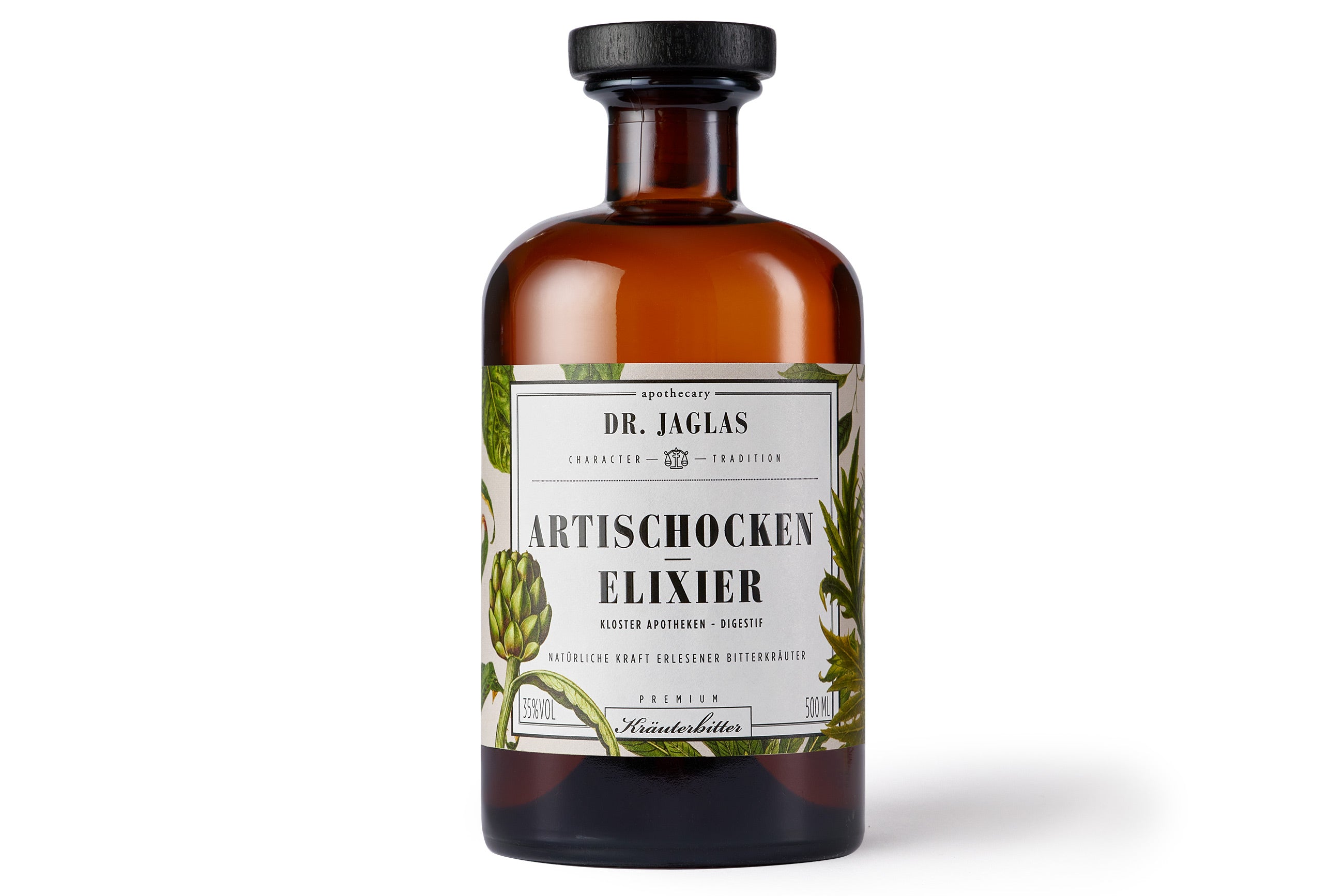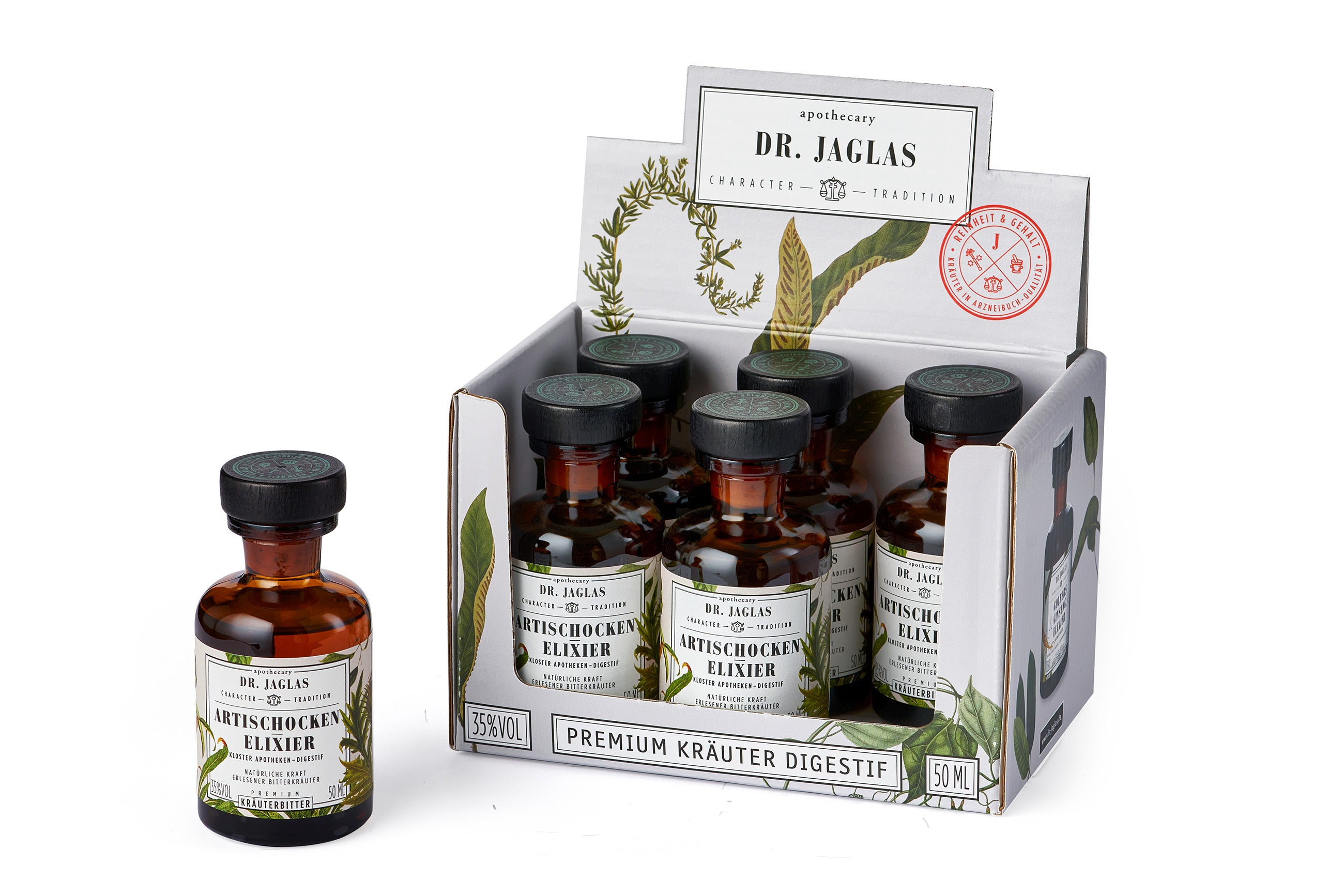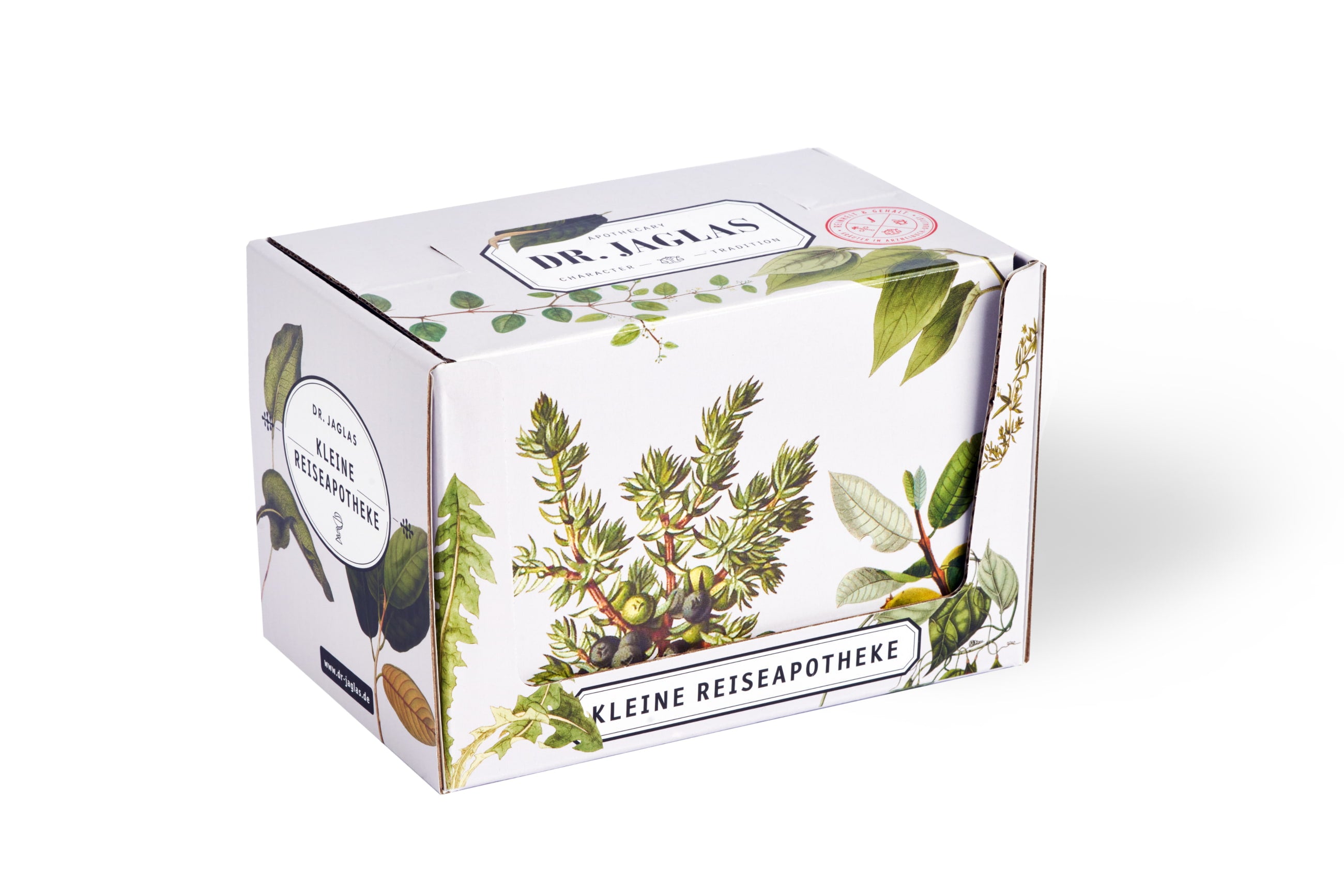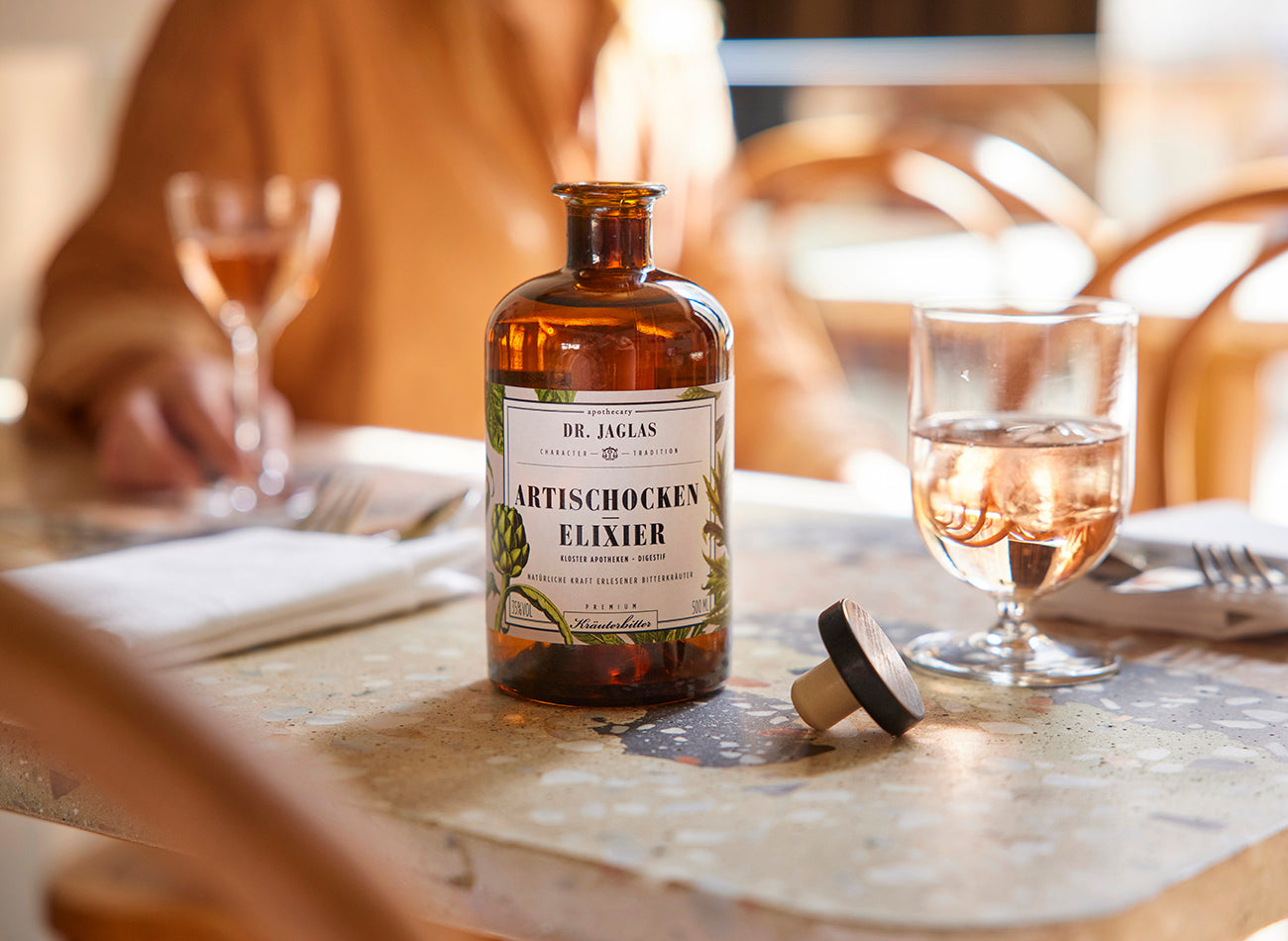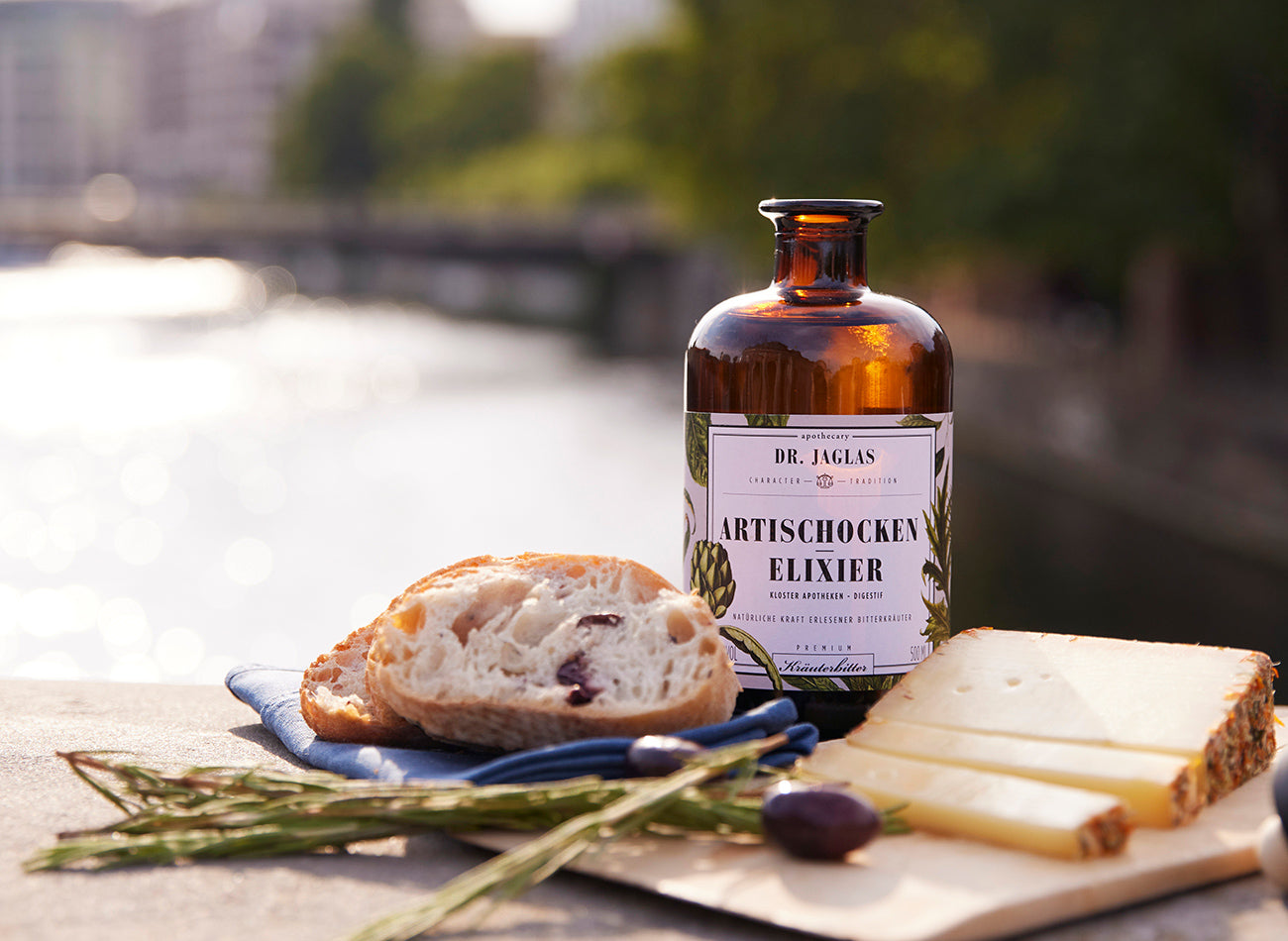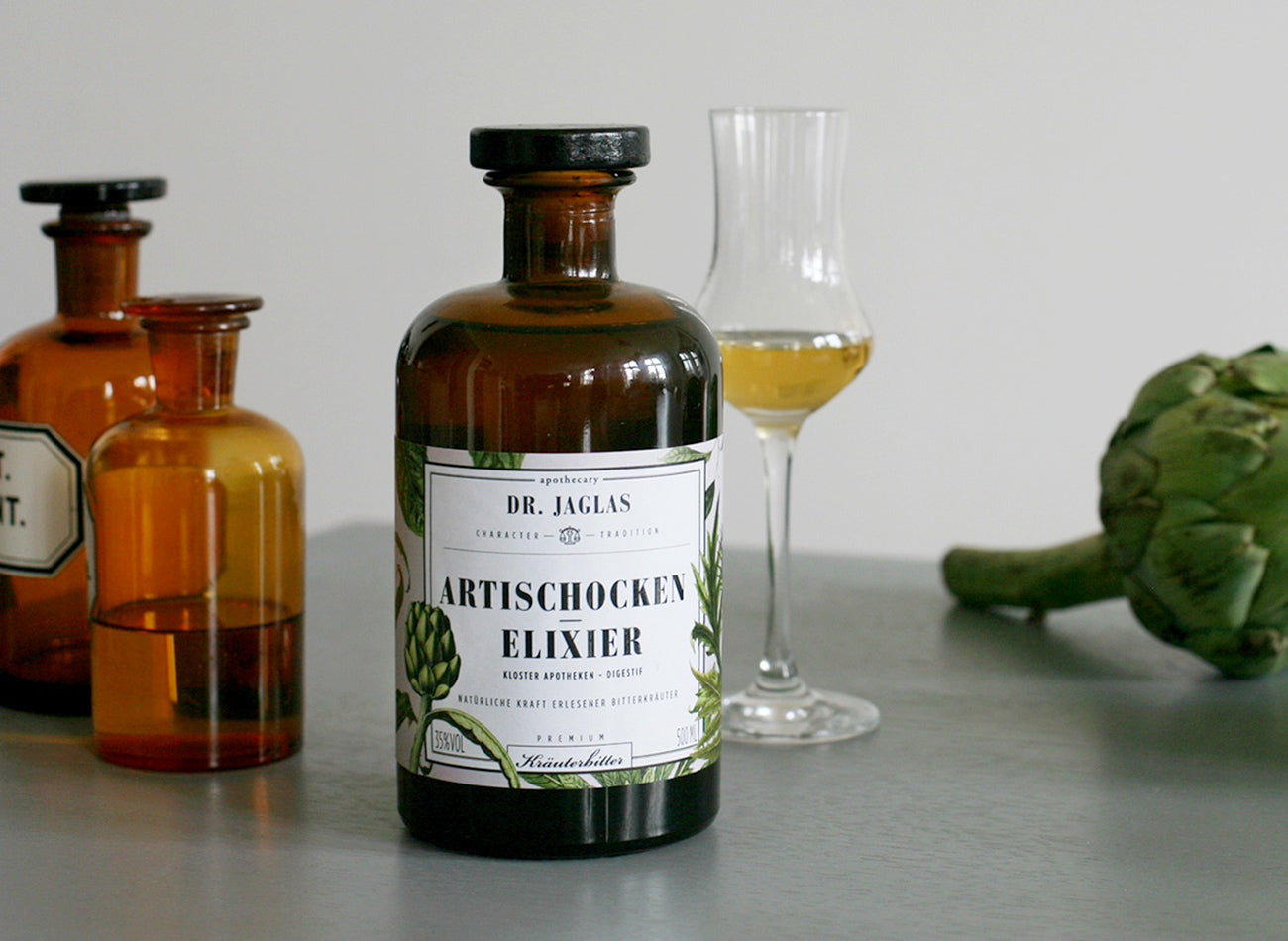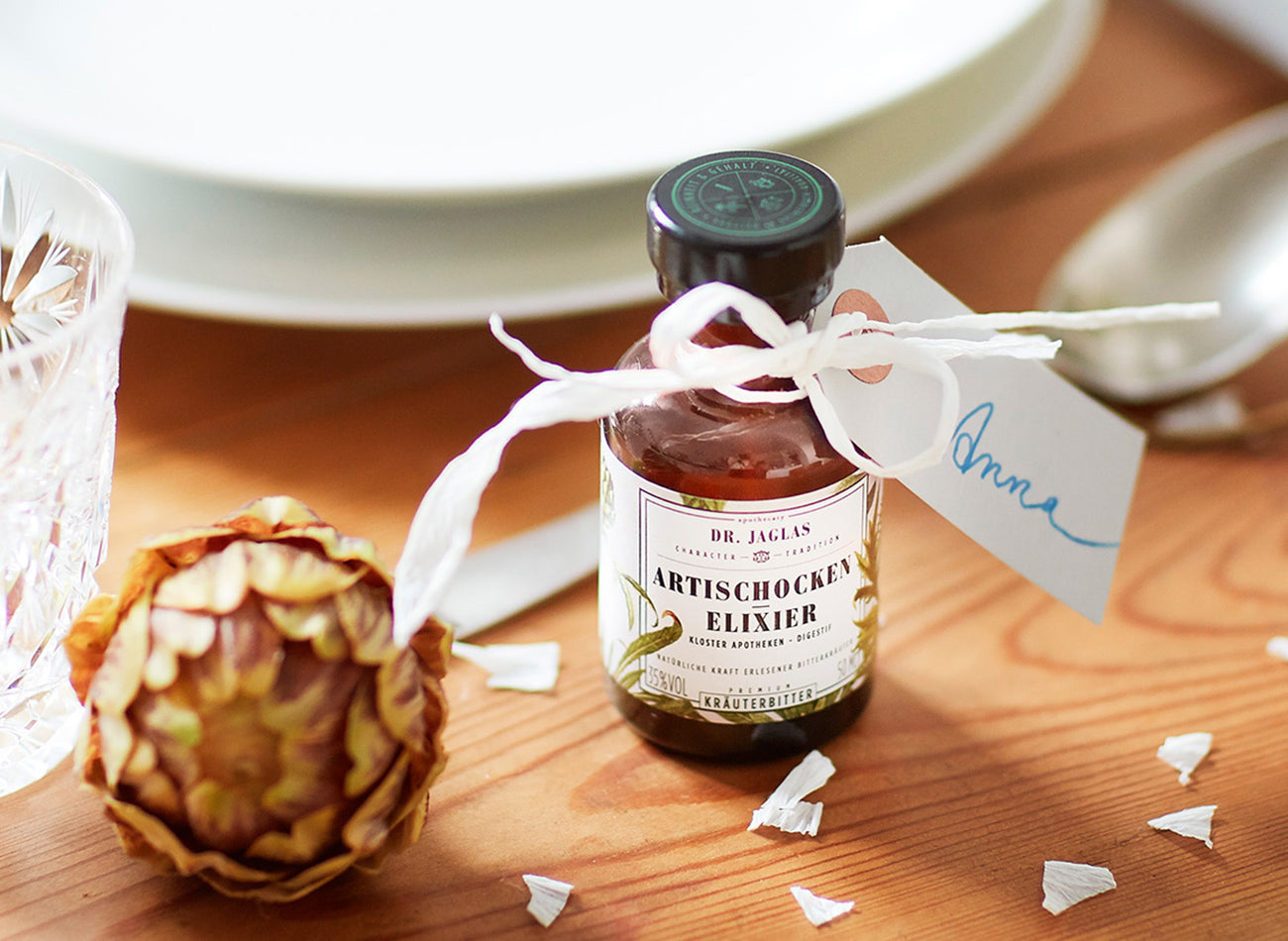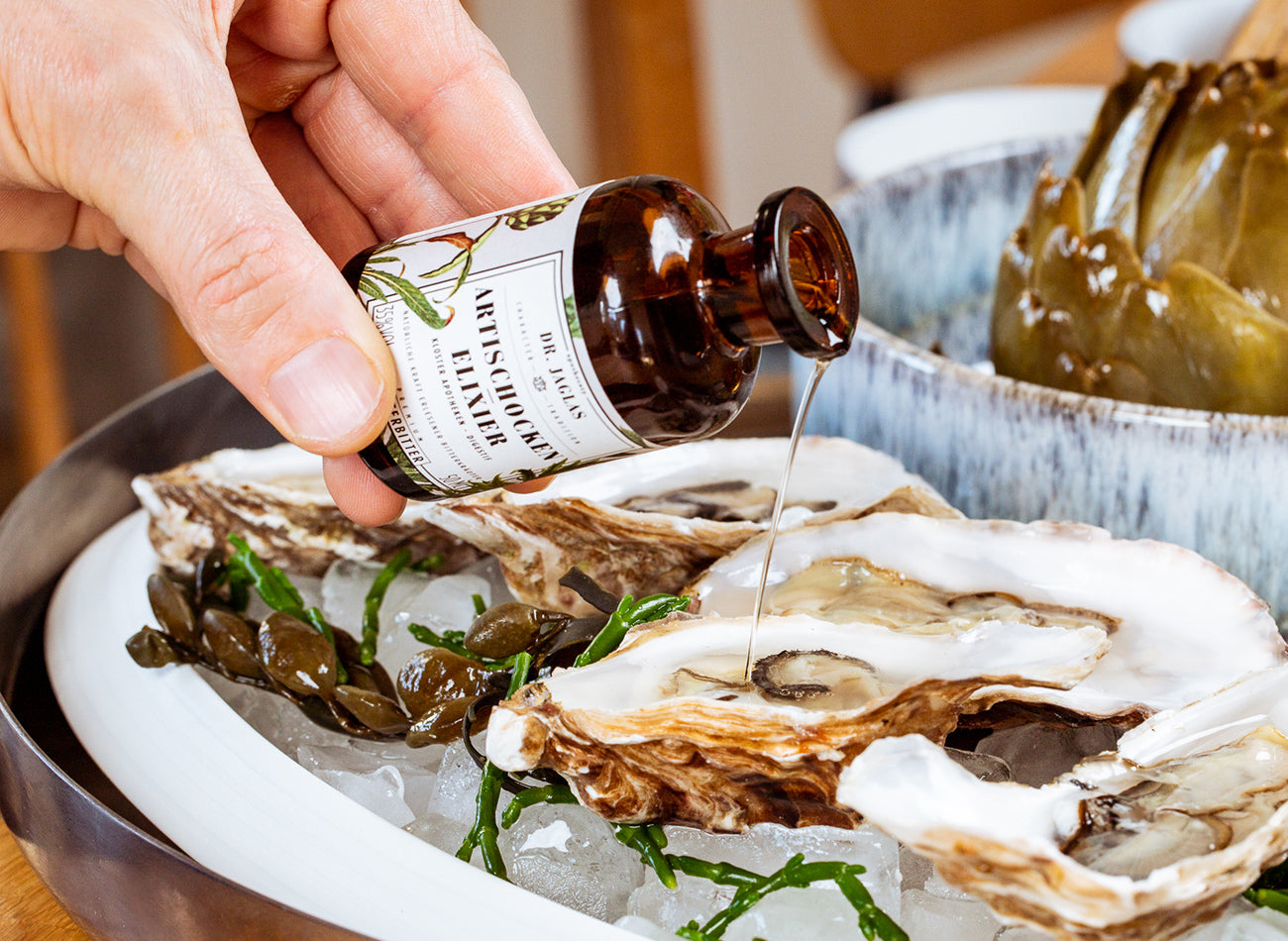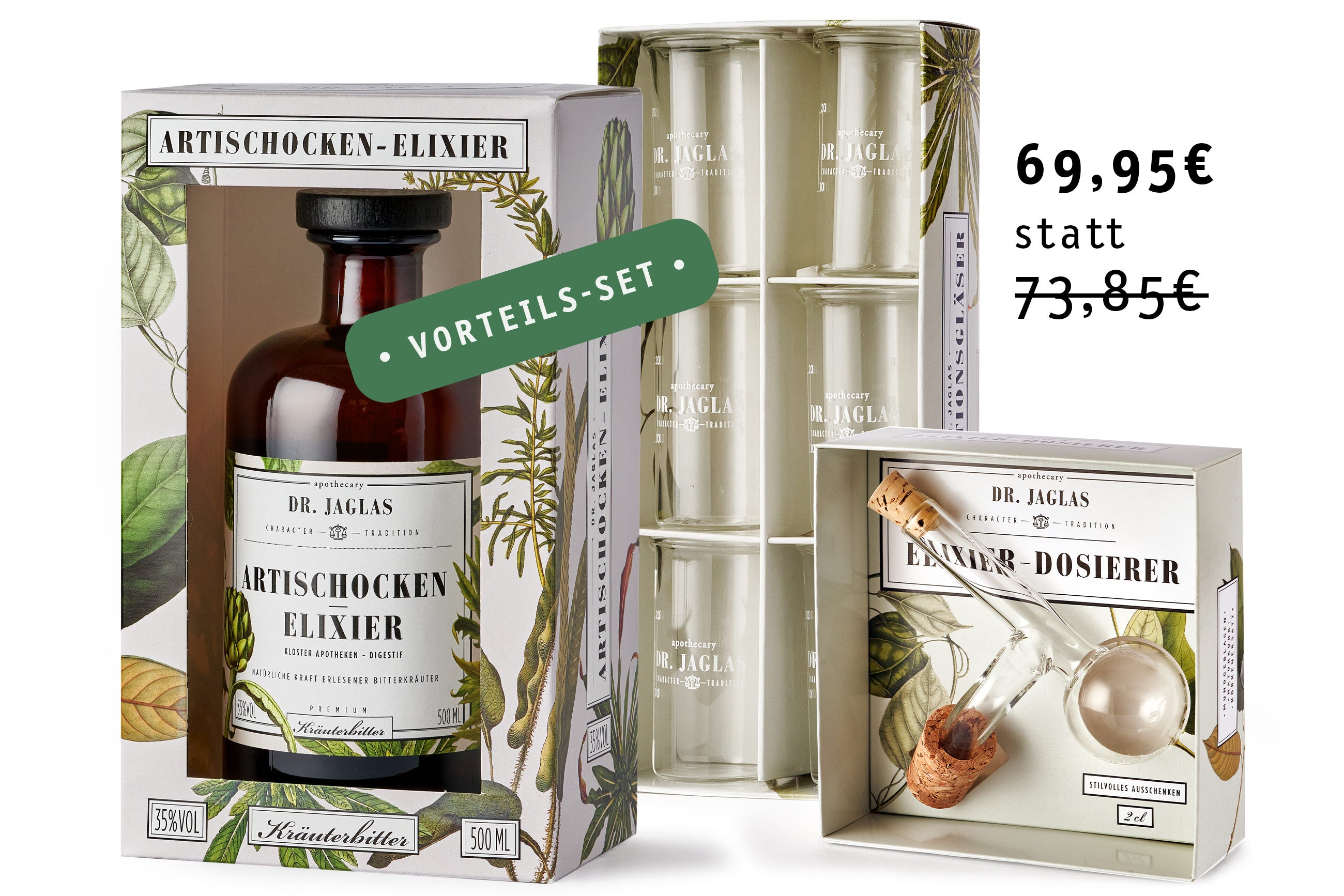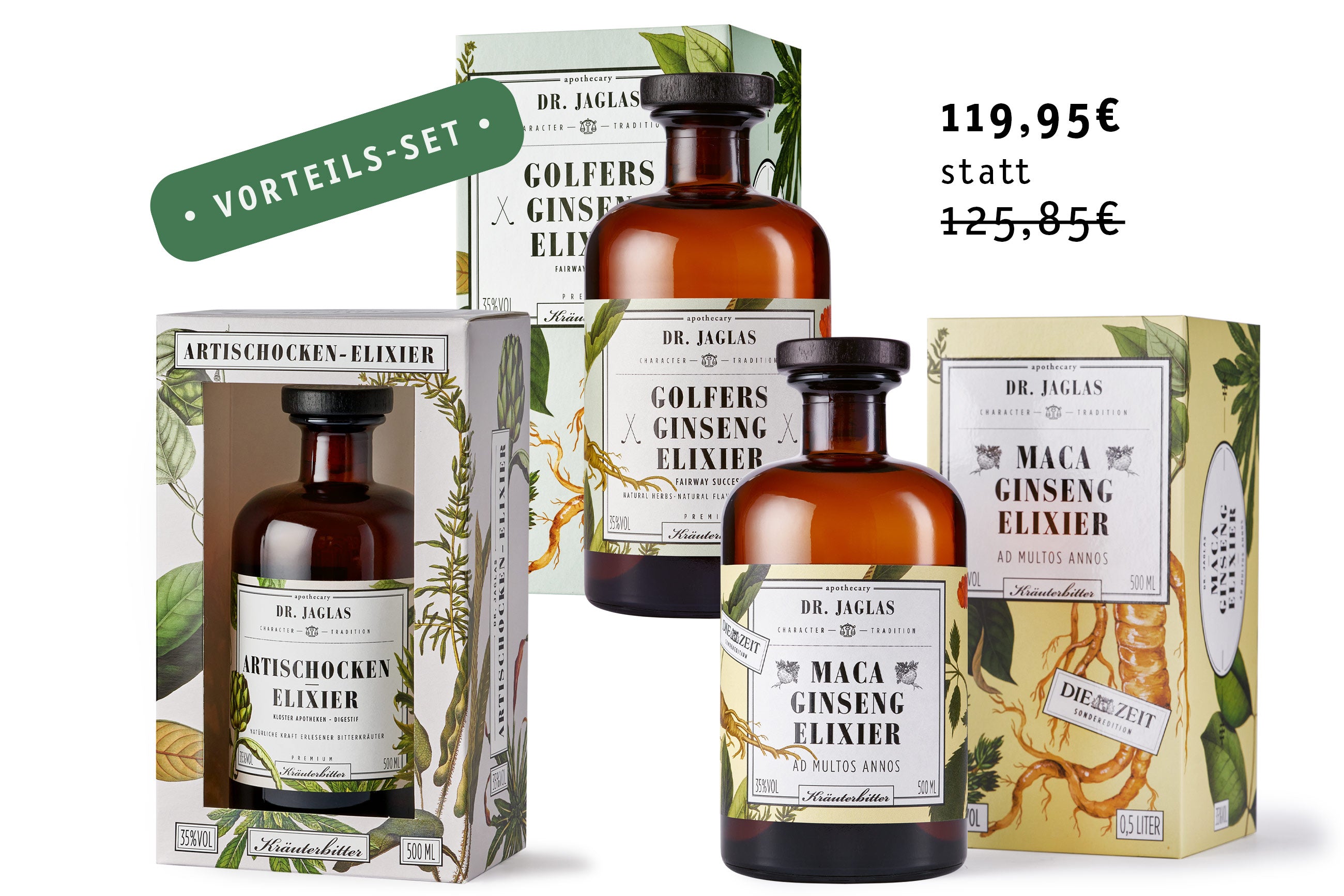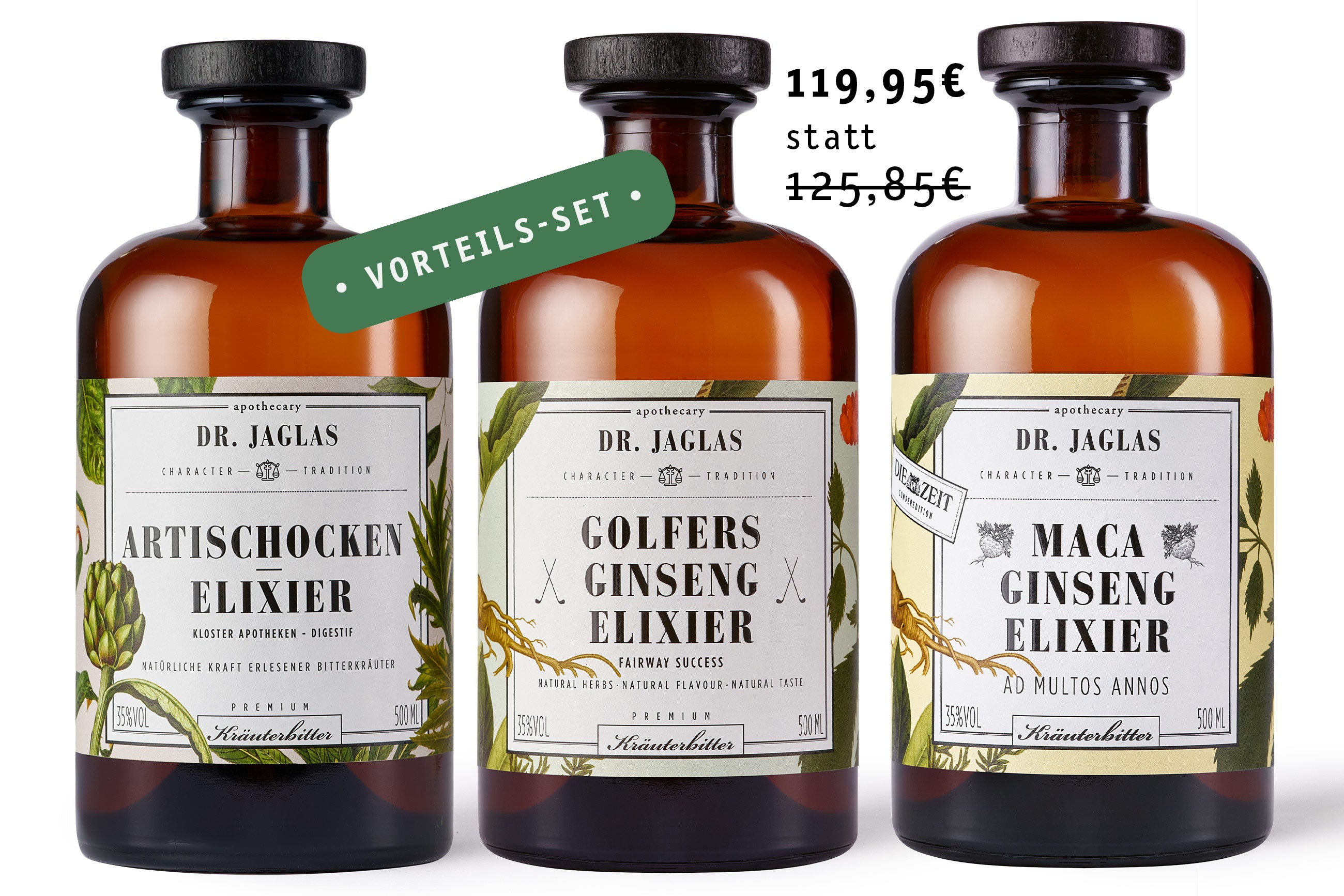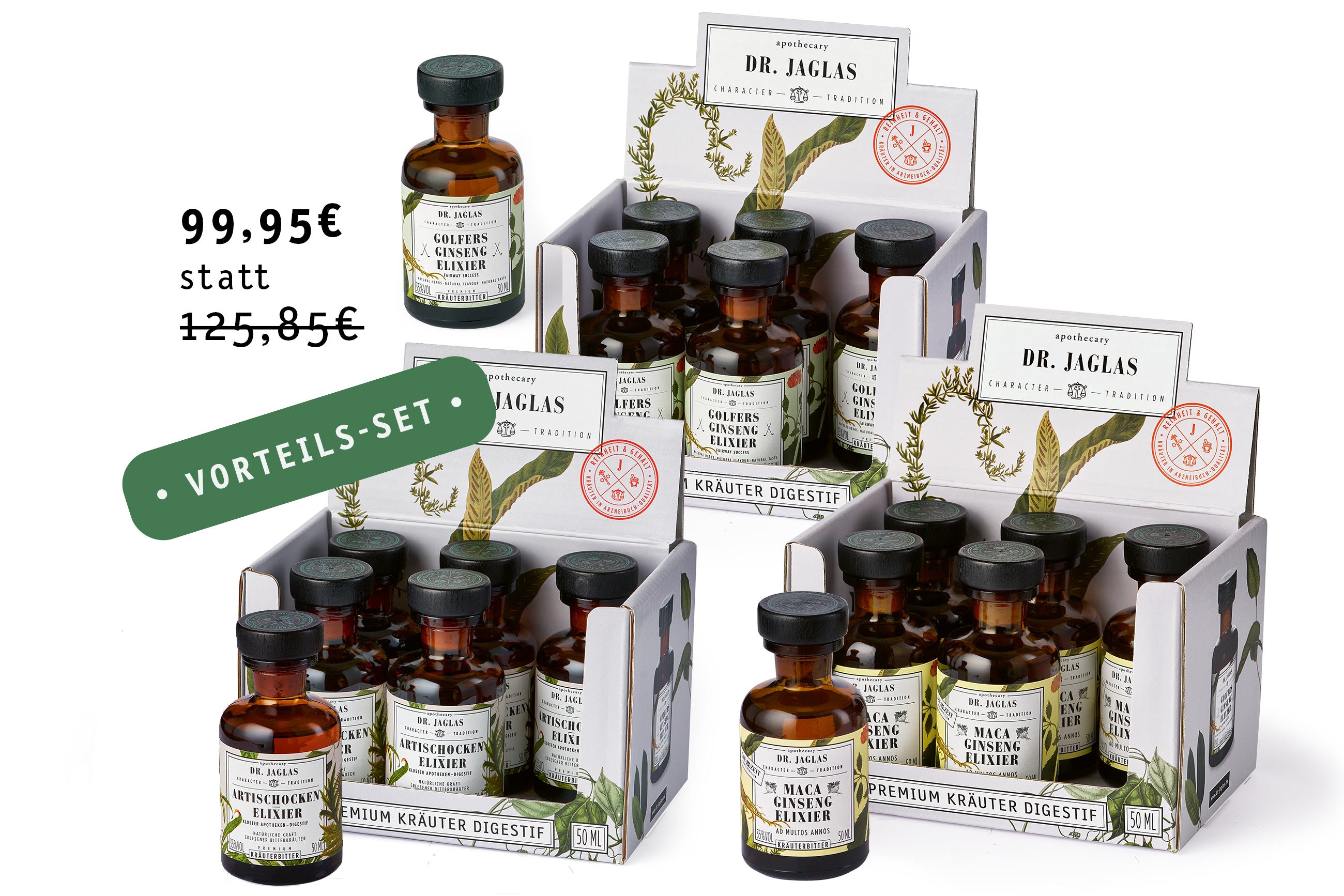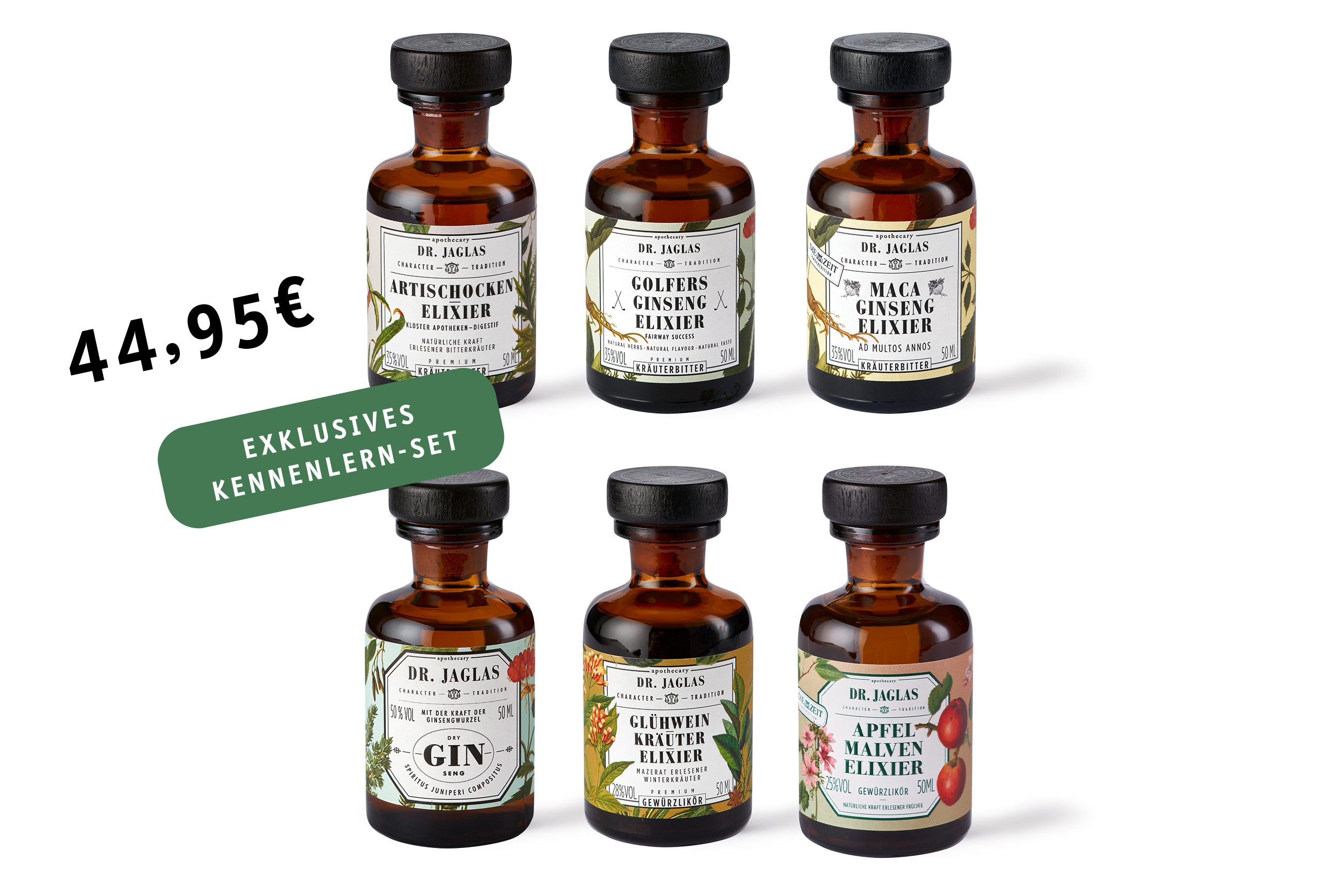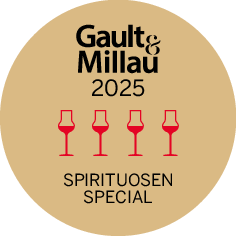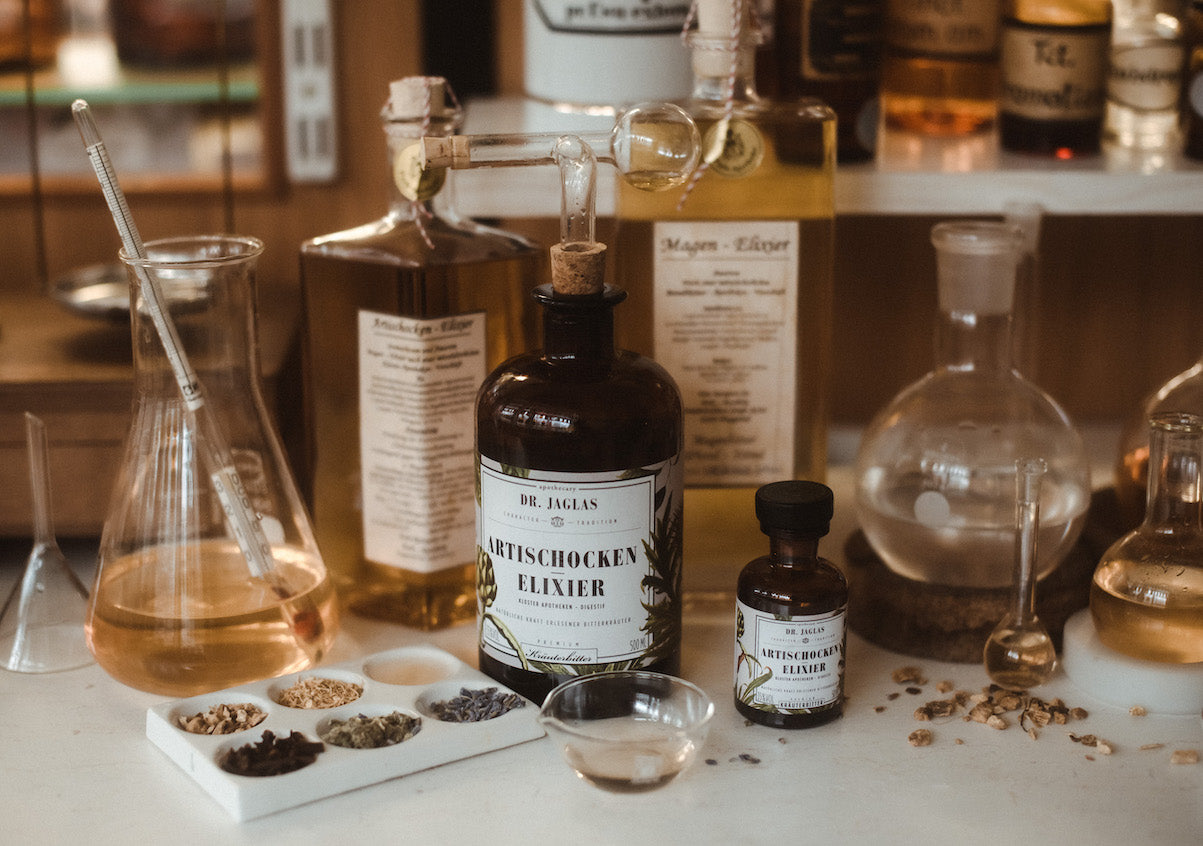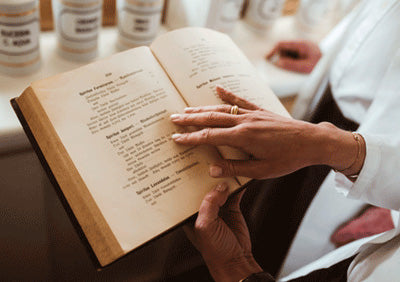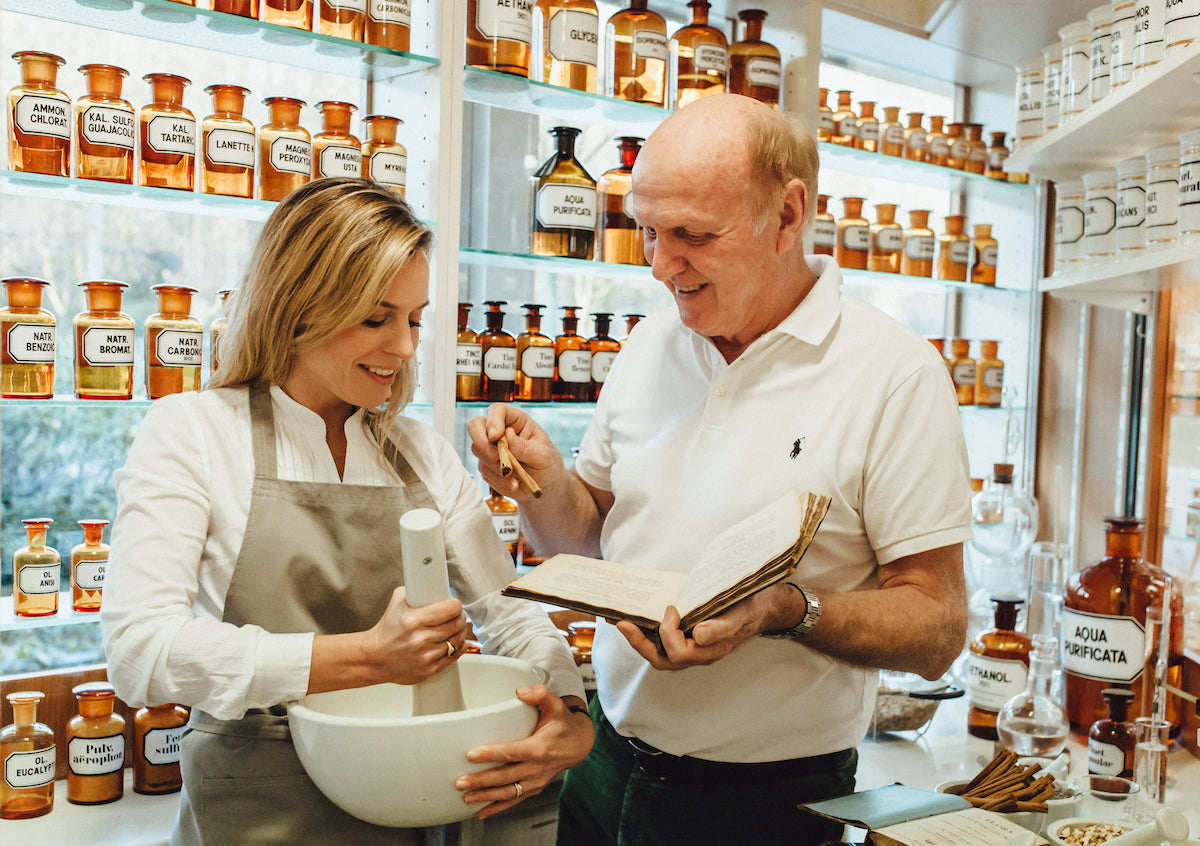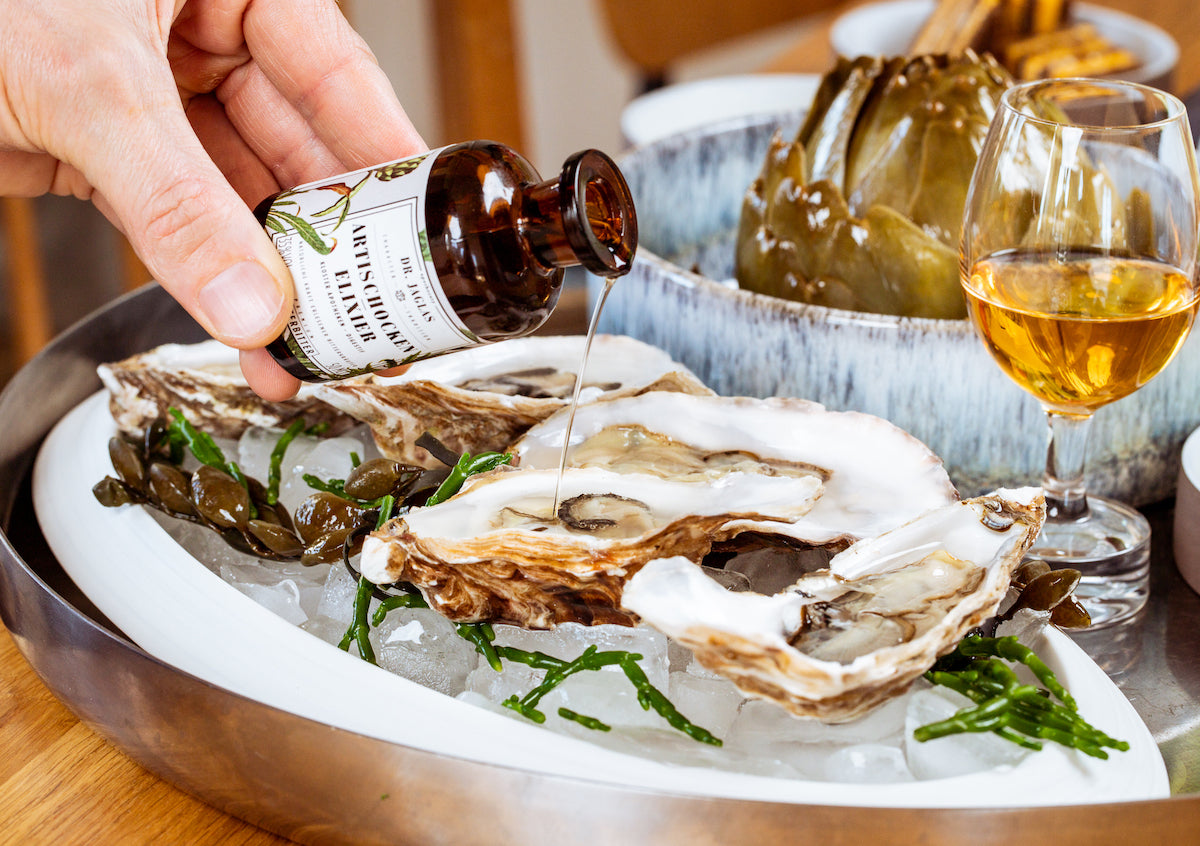The term degustation comes from French and means tasting. In modern slang, however, it is also often called tasting. It means the same thing: assessing the taste or comparing drinks, usually alcoholic. A tasting is not only an enjoyable and sensual experience, it is also a lot of fun. We would like to tell you a little more about this beautiful tradition.
Historical background and different types of tasting
Even in ancient times, the Romans and Greeks met to celebrate and drink. Wine tastings were an integral part of social gatherings and were already celebrated at that time. Other alcoholic beverages were gradually added. Later, in the Middle Ages, the Renaissance, the Napoleonic era and the industrialization of the 19th century, tastings were often important social events. Today, a distinction is made between professional tastings and tastings for purely pleasure and information purposes.
Professional tasting often takes place under strictly controlled conditions in a laboratory. The focus is on quality assurance. Usually several so-called tasters take part. They prepare a comprehensive, written report of their sensory impressions during the tasting. In this way, luxury goods can be assessed according to a wide variety of individual characteristics, which in turn all together result in a comprehensive report. These individual characteristics include the smell, taste and color of the product.
As a rule, professional tasters are always non-smokers. With good reason, of course, because tobacco consumption has a major impact on the human olfactory organs!
What is a blind tasting?
If the tasters do not know which brands the drinks are because they are deliberately offered in neutral or identical glasses, this is a blind tasting. This enables a particularly objective and unbiased assessment, because the tasters are not influenced in their assessment by a brand, a certain image or the price of the product. It has also been shown time and again that spirits, but also wines, are assessed very differently in a blind tasting than in an open tasting .
Why are amateur tastings so popular?
As already mentioned, there are also amateur tastings for enjoyment and information purposes, and these have been growing in popularity for some time. No wonder: The focus here is on fun, enjoying and comparing fine spirits. You don't have to be an expert to take part in such a tasting or even to do it at home with loved ones. It's more about identifying small but subtle differences and perhaps finding out which spirit is your personal favorite. The exchange of opinions and experiences with like-minded people makes amateur tasting an experience that is as exciting as it is interesting.
The process of a tasting
The fine elixirs from Dr. Jaglas, with their exquisite aromas, fascinating scents and extraordinary taste experiences, are of course perfect for tasting . You can taste the specialties in a particularly stylish way with the Dr. Jaglas tasting glasses . They resemble classic shot glasses, but can also be used for measuring or making creative drinks.
The mouth-blown Dr. Jaglas dispenser with natural cork is also available. It allows you to pour out absolutely cleanly and precisely and holds exactly 2 cl, which corresponds to one shot. For long drinks with 4 cl, simply use it twice: for example for a delicious gin and tonic or a hibiscus or limello spritz .
The dispenser is dishwasher safe and can also be used as a cork replacement for other bottles. A super practical and at the same time elegant accessory for the home bar, kitchen, party cellar or living room!
What is Roulier?
For the tasting itself, we recommend the so-called rolling technique, which is also used by professionals and experts. You may already be familiar with the procedure from a wine tasting. You roll the elixirs slowly in the front area of the mouth so that the sensitive taste buds in the palate and mouth are optimally moistened. Rolling offers several advantages and is considered by connoisseurs to be the best technique for tasting .
On the one hand, you can taste the different herbs in an elixir much better individually, because they do not develop simultaneously, but one after the other. This effect is roughly comparable to the successive notes of a symphony or the pearls on a precious pearl necklace. The unusually long and impressive finish, which is characteristic of Dr. Jaglas' elixirs and for which they have become famous, is also perfectly noticeable through rolling.
Another very exciting effect of this professional tasting technique : you feel the effect of the bitter substances contained in the bitter herbs. They cause saliva to shoot up, and this already contains the first digestive enzymes. In other words: thanks to the bitter substances, digestion begins in the mouth!
Have you already thought about which Dr. Jaglas specialty you would like to start your tasting with? Your taste buds will definitely be in for a treat! So if you are asked what the tasting is all about: it is first and foremost a sophisticated and sophisticated pleasure!
